This was the profession that I dedicated and devoted my entire life to, refusing other career paths; why has it answered me with such denial, disavowal and ingratitude? They tell me to be creative, to think, to predict what lies behind the headlines, to be present with a clear mind and a pen ready to write, yet my thoughts run along much more basic lines: do I leave the house or not? For going to work incurs costs for transport, food and tea; my salary is late, having already been cut in half – how can I make ends meet this month? I have a home and a family, will I have to borrow from my father? Besides, of which creativity do we speak of? All of my thoughts lie within the clearly-defined confines of prohibition, not because I’m part of an “opposition”, but because any alternative viewpoint is forbidden. Freedom compensates for the material hardships of living, but with no freedom and no living, and with it still being difficult to forsake a job that you love, what kind of predicament has journalism left me in?
I wrote the above excerpt in November 2018, and yet my anxieties have since increased. How did we get here in the first place? This was by no means a solitary plight, yet despite this misery I am still in a better position than many others. Still, the question remains: what happened over the past few years?
With every change my dreams are sliced, and with every development the condition of journalists deteriorates. I am not alone, at least I have continued to only practice journalism, while I have friends who have been forced to take up work as drivers.
The tightening on Egypt’s journalists in the last 4 years is unprecedented, Salem Mahmoud summarizes the demise of journalism and freedom of speech in Umm al Dunyah (Egypt), which once had a thriving journalistic tradition.
I started my job at a newspaper with a well-circulated electronic platform; I remember that period when Egypt languished under the rule of the Muslim Brotherhood, at the time we truly had a cause: we defended and attacked former president Mohamed Morsi out of conviction, and I still continue to refuse the rule of any religious current – but the freedom we thought we enjoyed was in fact orchestrated; we weren’t free by our own will, something I now realise. Perhaps the pitiable thing was that my salary then didn’t differ from my salary now, despite the devaluation of the currency and price increases: my salary hasn’t increased despite every variable. In 2013, my salary was good and I could write what I wanted within the “scope of responsibility” and “observance of laws”, but what has since happened is long and complicated, but could perhaps be summarised in the following brief points:
A: the armed forces statement on the 3rd of July 2013, the day Morsi was removed with Adly Mansur appointed as a temporary president; our first instructions were that there be no negative discussion of what had happened, with the instructions being verbal and having no trail of evidence.
B: August 2014: al-Sisi announces in an interview that the former president Gamal Abdel Nasser was “lucky with his media,” in a nod to his dissatisfaction with what was happening in the country’s media sphere.
C: in 2015, the “anti-terrorism” law was promulgated, designating a portion for media coverage of anything relating to terrorist acts – with a minimum punishment of two years’ imprisonment for journalists who disseminated news that contravened official statements. With the increase in public opposition to the law, the punishment was revised to a major fine which the Syndicate of Journalists considered another form of imprisonment, with few journalists having the financial capability to pay such fines – not to mention the fact that the Law No.96 on journalism forbid the dissemination of any news relating to “national security” without a security clearance.
D: In 2016, journalist Amro Badr took sanctuary in the building of the Egyptian Syndicate of Journalists, so that he would not be imprisoned without legal accountability. In an action hitherto unprecedented, forces from the Interior Ministry forcibly stormed the Syndicate, leading to the outbreak of protest by journalists and an escalation against the Interior Minister. The crisis would end with the arrest of the Head of the Syndicate, again for the first time in history; the state would then declare its wrath against the syndicate, leading to a sort of rupture of relations with state institutions.
E: With the launch of the government-backed ‘Egyptian Media’ conglomerate in 2016, a new policy of merging news sites with print newspapers was adopted, placing them all under one management. The merger would include news outlets such as Youm7, Sout al-Umma (‘Voice of the Nation’), Dot Masr (‘Dot Egypt’), Ain (‘Eye’) along with channels such as ‘ON TV’ and the al-Hayat TV network. The DMC network would be launched to take on the role of the “People’s Media”, controlling the largest share of Egyptian media.
F: the restrictions placed on what remained of media outlets belonged to Salah Diab’s al-Masry al-Youm as well as Naguib Sawiris’s Veto and Masrawy. The opposition tendencies of al-Masry al-Youm caused its owner Diab to be the subject of accusations in various legal cases, leading to the eventual pacification of the paper. Meanwhile, Veto and Masrawy were subject to state supervision, through strict rules on the type of subjects which they were forbidden to write about.
G: in 2017 the Egyptian government blocked 21 news outlets, initially citing the pretext of ‘fighting terrorism’, with this unprecedented mechanism continuing to multiply its targets until reaching an estimated 500 sites today, mostly news outlets.
H: in 2019 the Supreme Council for Media Regulation (SCM) issued a list of stricter laws preventing any journalist from operating professionally, and encompassed punishments such as removing the license of a newspaper or electronic site.
I: in addition to these measures, there were attempts to entice and induce certain journalists to drum the state tunes; this would encompass daily phone calls with such journalists with direct instructions on what should be discussed in the media and what should not be.
The results of these events are the following:
Firstly, every new constraint, law and general attempts to narrow the scope of operational freedom – in addition to the subjects that were now off-limits and the personalities it was now forbidden to approach – has led to the dwindling of subjects that journalists can address and the limitation of their freedom of movement. This has led to a new reality where the general population are speaking of certain subjects while we are forced to cover something else altogether, leading to readers to abandon publications altogether, leading a wide segment towards foreign sites and television channels for their news.
Secondly, with the inauguration of the ‘Egyptian Media’ group and its takeover of the media market (as well as the mergers between newspapers), hundreds of journalists have been made redundant and have become dispensable. This has been compounded by the decision to block news sites, which has approximately resulted in the halving of their output.
Thirdly, the acquisition and takeover of the media market has also had ramifications on advertising revenue, which is the main source of funding for most newspapers in Egypt. With the creation of a divide between government-favoured newspapers and those deemed less trustworthy, businessmen have hastened to advertise in the former, leading to the widescale discharging of journalists from independent outlets and the halving of their salaries. Despite the harshness of these measures, we have been forced to accept the situation, for the alternative was to shut-down and stay at home.
Fourthly, the folly and trivial nature of the subjects we address has led to the dwindling of our readership and the number of visitors of a number of online news sites – in turn leading to a decrease in financial returns as well as the loss of credibility, which consequently deepens the crisis.
Fifthly, within this crazed frenzy in the domestic media industry, many international news agencies have closed their offices in Cairo, or at least retrenched their level of cooperation with Egyptian journalists; these outlets had been good sources to supplement our income as well as platforms to exercise freedom in writing.
The continuing collapse of slices of my dreams
I survived all this, and with every change my life and dreams are sliced, and with every development the condition of our journalists deteriorates. I am not alone, at least I have continued to only practice journalism, while I have friends who have been forced to take up work as drivers, while others have resorted to investing in various projects, such as opening cafés or office stationery shops. All of us now dream of ending the month without taking loans or having their newspapers closed.
During Mubarak’s era, we could publish all of the above; but now I can’t, not only for fear of the state, for every media in Egypt now forbids its journalists from writing like this, because it reflects badly on them. Those who still do so, may no longer find a source of living. And that’s the state of Egypt today.
Raseef22 is a not for profit entity. Our focus is on quality journalism. Every contribution to the NasRaseef membership goes directly towards journalism production. We stand independent, not accepting corporate sponsorships, sponsored content or political funding.
Support our mission to keep Raseef22 available to all readers by clicking here!
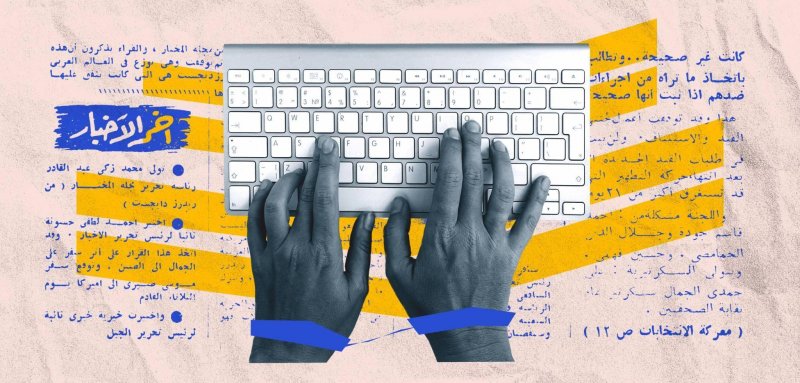
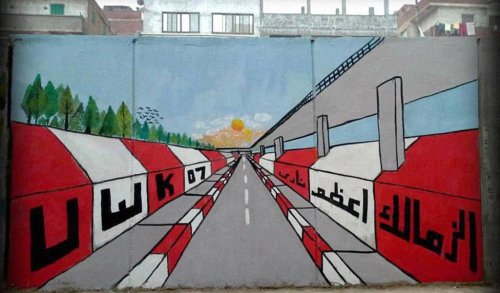
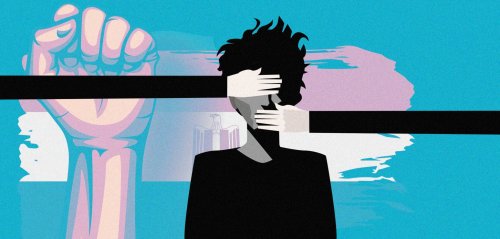
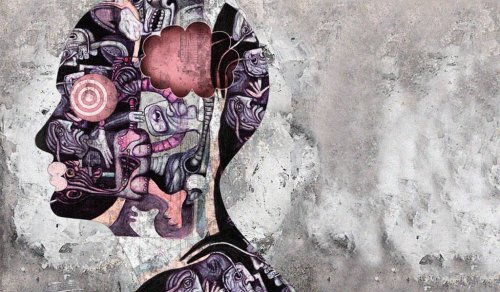
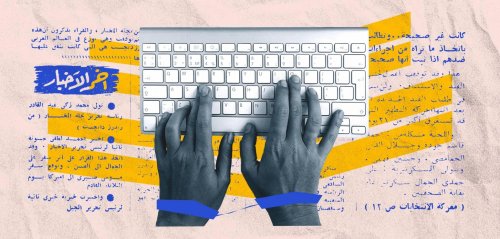
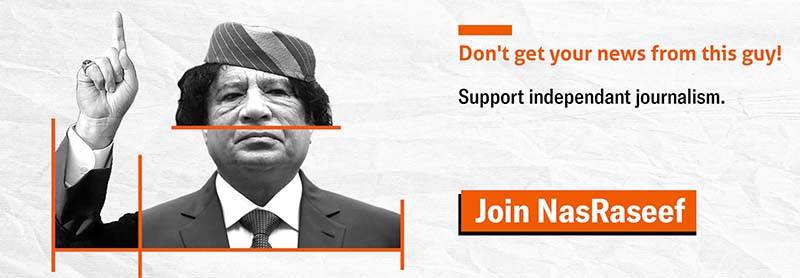
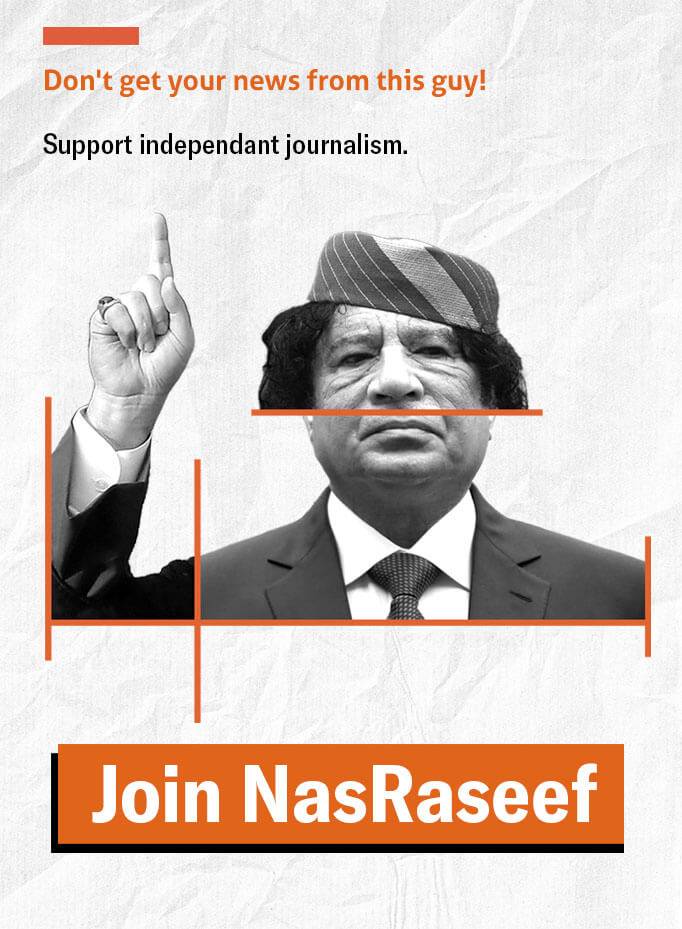


Join the Conversation
Anonymous user -
1 day agoتعليقا على ماذكره بالمنشور فإن لدولة الإمارات وأذكر منها دبي بالتحديد لديها منظومة أحترام كبار...
Anonymous user -
4 days agoالبرتغال تغلق باب الهجرة قريبا جدااا
Jong Lona -
4 days agoأغلبهم ياخذون سوريا لان العراقيات عندهم عشيرة حتى لو ضربها أو عنقها تقدر تروح على أهلها واهلها...
ghdr brhm -
5 days ago❤️❤️
جيسيكا ملو فالنتاين -
1 week agoجميل جدا أن تقدر كل المشاعر لأنها جميعا مهمة. شكرا على هذا المقال المشبع بالعواطف. احببت جدا خط...
Tayma Shrit -
1 week agoمدينتي التي فارقتها منذ أكثر من 10 سنين، مختلفة وغريبة جداً عمّا كانت سابقاً، للأسف.